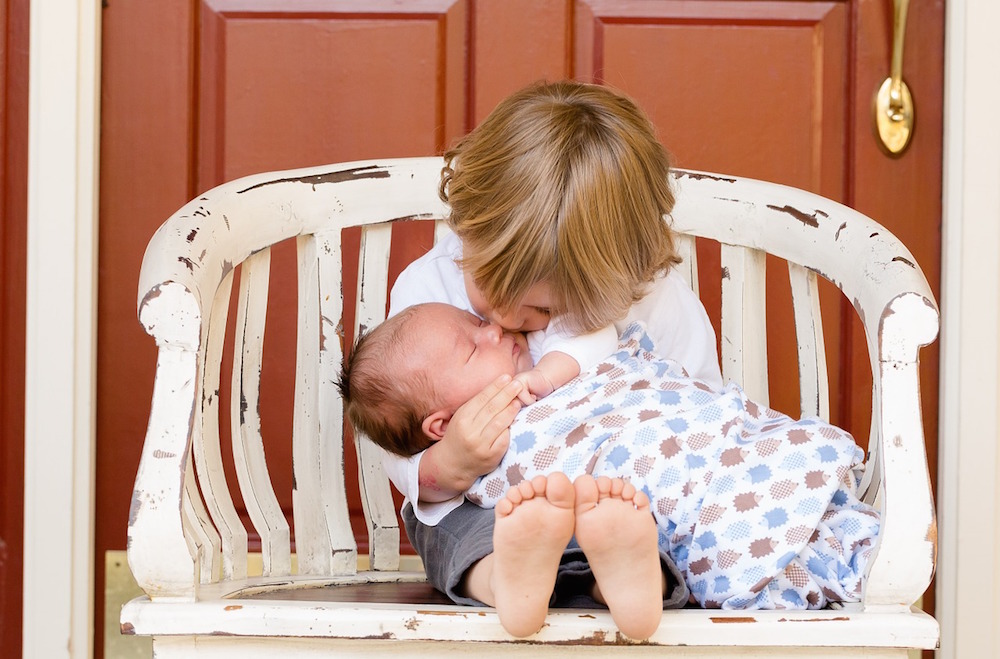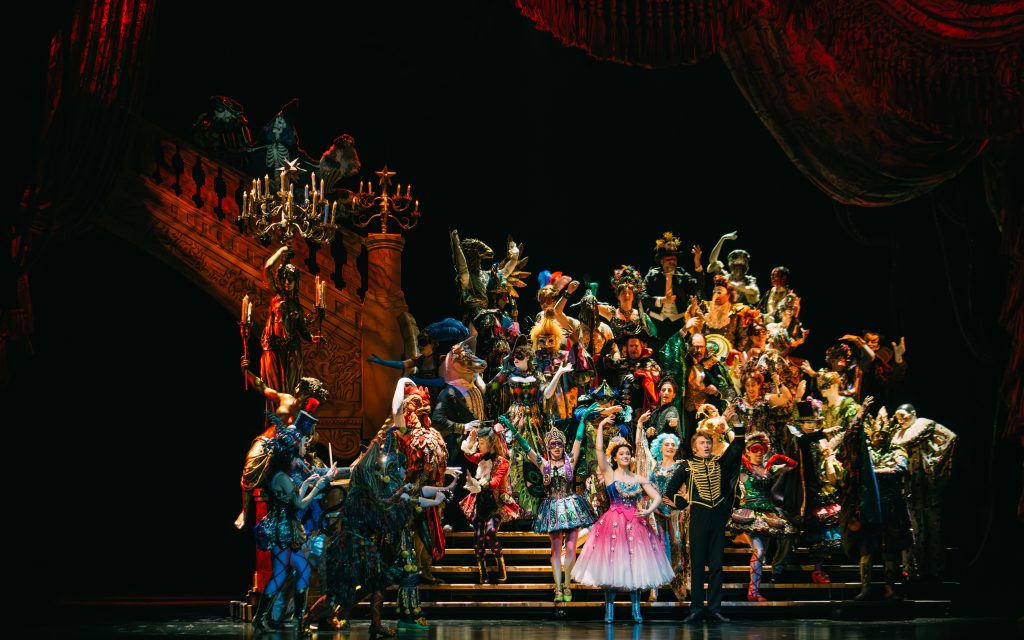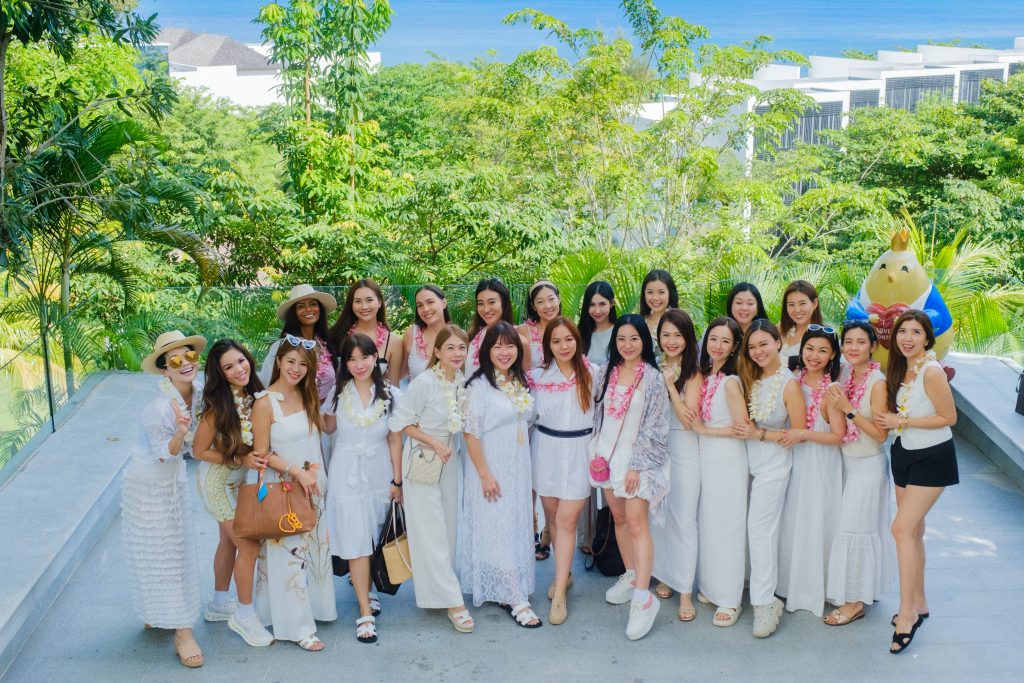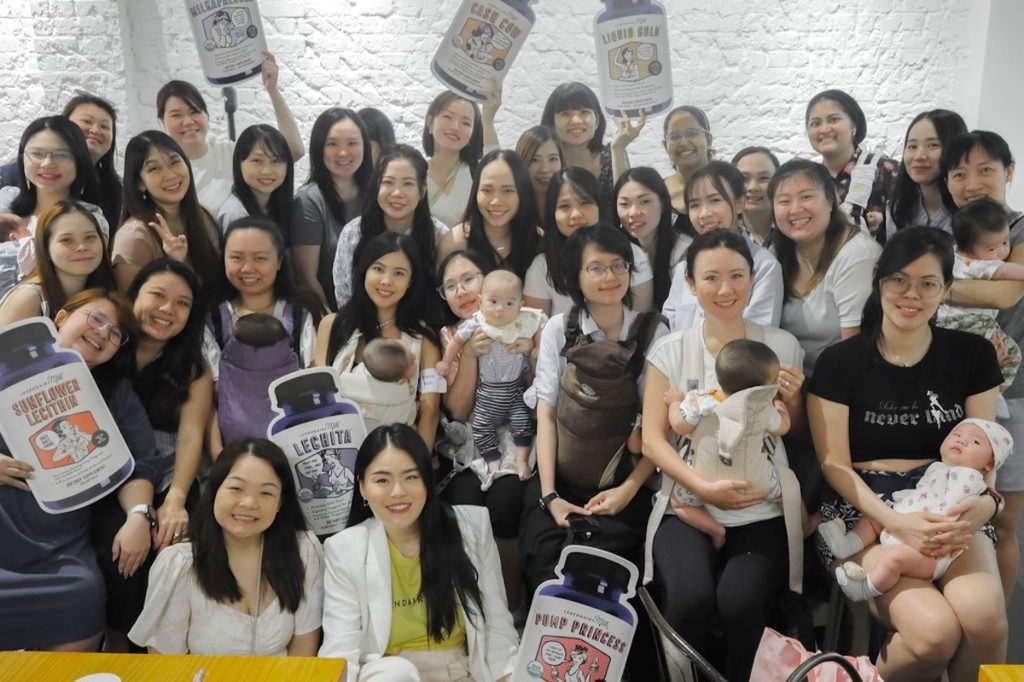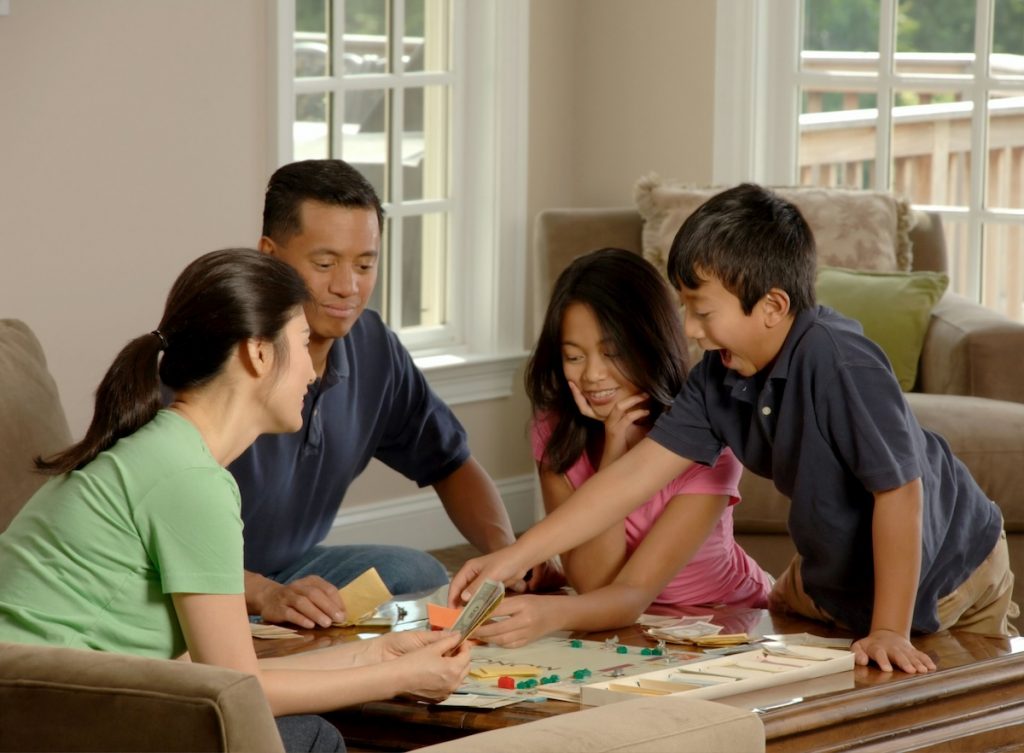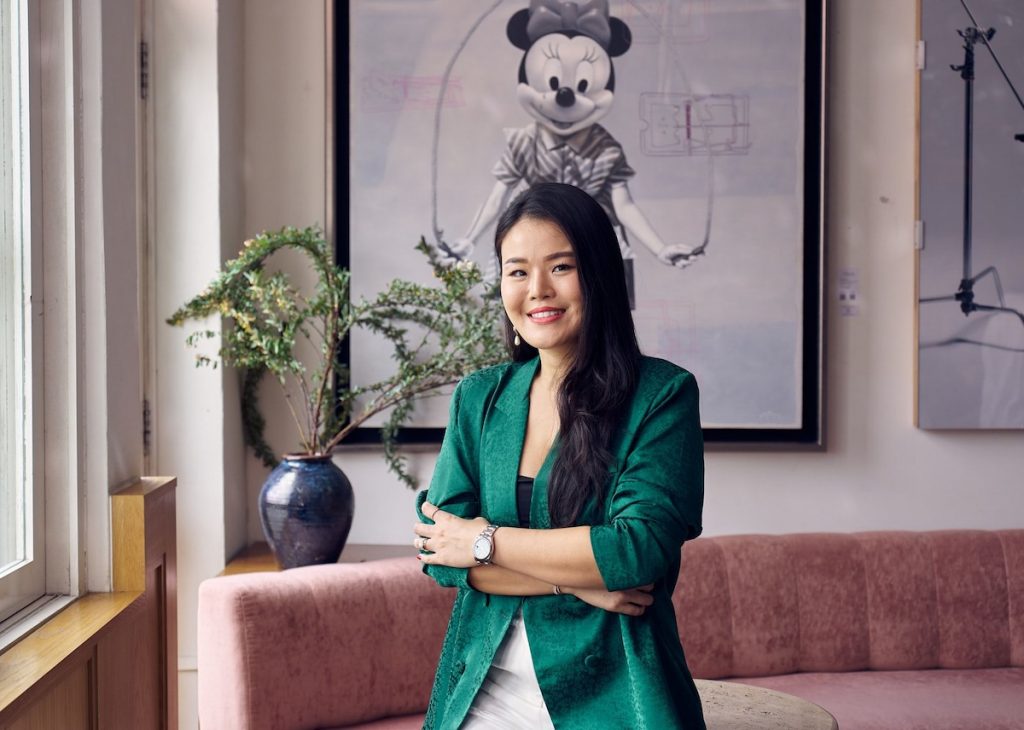The arrival of a baby is an exciting time. But while family and friends visit with congratulations, presents and kind offers of help, it can be a confusing and emotional time for young children who may not understand the concept of a new sibling.
When speaking with your child, consider his or her age and levels of maturity. However, don’t feel you need to ‘dumb it down’. Speak respectfully and honestly – children usually understand much more than we give them credit for!
The Lead Up
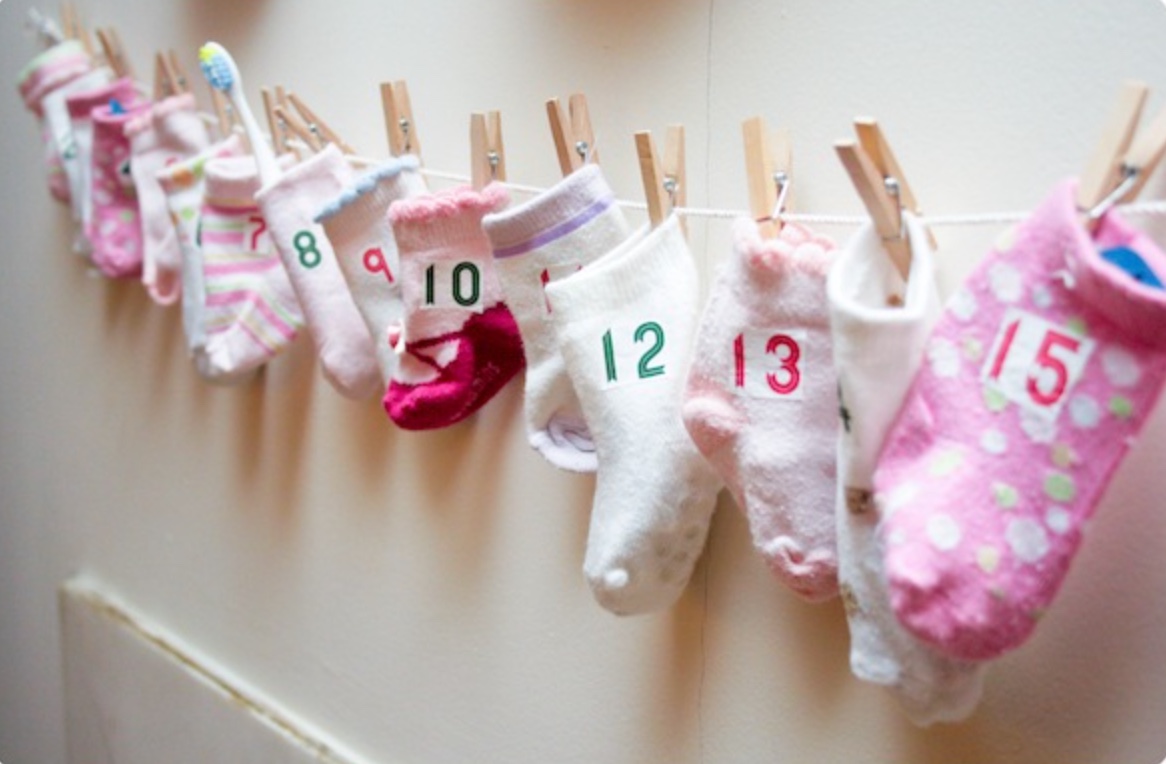
While nine months may not seem like enough time to prepare for a new baby, the time can feel like a lifetime to a child who is about to become a brother or sister! Consider the following to ease the process:
- The concept of time passing is generally a difficult one for young children. If you can manage to keep the secret (and those around you don’t spill the beans), think about waiting until your second trimester before broaching the subject with your pre-schooler (aged three and up) and your last trimester for children under three. It’s an easier concept to grasp once you are showing and there is less ‘wait-time’ involved.
- A baby advent calendar of sorts may be a useful idea to help your little one count down to the big day.
- Use real objects to compare the baby’s size (the baby is now the size of this banana).
- Picture books are a great way to help your child conceptualise what all this baby business means for them and is good way to get conversations started (of course, make sure that the conversations are age appropriate).
- Spend time looking at old photos and videos of mummy’s previous pregnancy with the elder sibling-to-be. Use the opportunity to share stories and memories with them.
Closer to the Big Day
As the big day approaches, include your toddler or pre-schooler in the preparations:
- Take your child to check-ups to see the ultrasound images and hear the baby’s heartbeat.
- Ask them to help you select items to pack for the hospital.
- Plan a ‘birth-day’ party together — a small celebration at the hospital or after the baby comes home (a simple affair…you’re not going to feel like partying after giving birth). Make some decorations together (drawings, posters, simple paper chains) and pack them in mummy’s hospital bag. You can also select a cake or something yummy for the day.
- When you’re about 24-weeks pregnant, your baby begins to become more sensitive to sound. Encourage your child to speak, sing songs or select a book to read to the baby. (Be wary of doing this too often – your child will also want ‘special time’ with you where they are not obliged to include the baby).
- Include your child in the naming process. While a toddler or pre-schooler may want the baby to be called Batman or Elsa, it’s important they feel you take them seriously, consider their opinions and explain choices.
- In the lead up, take time to explain to your child what is going to happen — such as who will look after them while mummy is in the hospital for example. During these conversations, be reassuring but be honest. Tell your child that having a new baby won’t change how much you love them, but that the baby will definitely need lots of your time. Explain that the baby will cry a lot and wake up in the middle of the night to eat and will need lots of attention because they can’t do much for themselves yet so mummy will be holding the baby a lot.
It’s Here!
Hospitals may be scary for a young child, be aware of their feelings and involve your child soon after the baby is born to reinforce it as a family event.
- Encourage your child to bring a drawing, blanket or present for the new baby.
- Give your child important jobs to do as ‘mummy’s assistant’.
- Be open to how your child is feeling and keep in mind that regression during this time is normal — your child may wet the bed again, want to be back in nappies, drink out of a bottle, or be prone to tantrums.
- Keep some wrapped gifts in reserve to give to the sibling who may be overwhelmed with the new baby being showered with gifts and attention.
Kalliope is an early years education consultant based in Singapore. With over 17 years in the sector, she has extensive experience with both international and local schools within the Asia Pacific region. As a consultant, she provides professional development seminars and workshops to ECE professionals and parents and advises on curriculum and policy matters. Kalliope also lectures at James Cook University as part of the Early Childhood Education degree programme.



